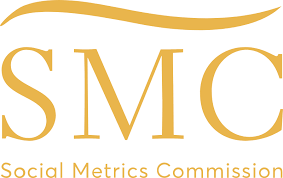
The Government has announced that it will begin the process of developing an experimental statistic based on the measure of poverty developed by the Social Metrics Commission. This is the process that all statistics need to go through before they become official national statistics.
According to the commission, there is significant debate about how poverty can be measured. The SMC’s mission has been to provide a new consensus around poverty measurement that enables action, informs policy making and so seeks to improve the lives of people in poverty.
Commenting on Government’s announcement, Philippa Stroud, Chair of SMC and CEO of Legatum Institute said:
“I am delighted that the Government is taking poverty measurement seriously. Without effective measures of poverty, we cannot hope to reduce the number of people who experience it or improve the lives of people who live in poverty.
“For too long, poverty measurement has been treated like a political football. This has allowed political and policy debate on poverty to focus on whether and how we should measure poverty, rather than the action needed to drive better outcomes for the most disadvantaged in our society.”
After three years of research, development and engagement with a wide range of stakeholders, the commission launched is proposal for a new poverty measure in September 2018.
The new metric looks beyond income. This allows it to:
The commission now looks forward to working with the DWP and other stakeholders to take forward development of the experimental statistics. While they are in development, the commission will also continue to publish information on poverty and the experience of poverty; including updates of its first report, due to be published over the summer.
Minister for Family Support, Housing and Child Maintenance Will Quince said:
“Our HBAI figures are National Statistics based on incomes and give us a strong statistically robust picture of the levels of poverty in the UK.
“However, the Social Metrics Commission makes a compelling case for why we should also look at poverty more broadly to give a more detailed picture of who is poor, their experience of poverty and their future chances of remaining in, or entering, poverty. We look forward to exploring the merits of developing a new measure with them and other experts in this field. In the long run this could help us target support more effectively.”